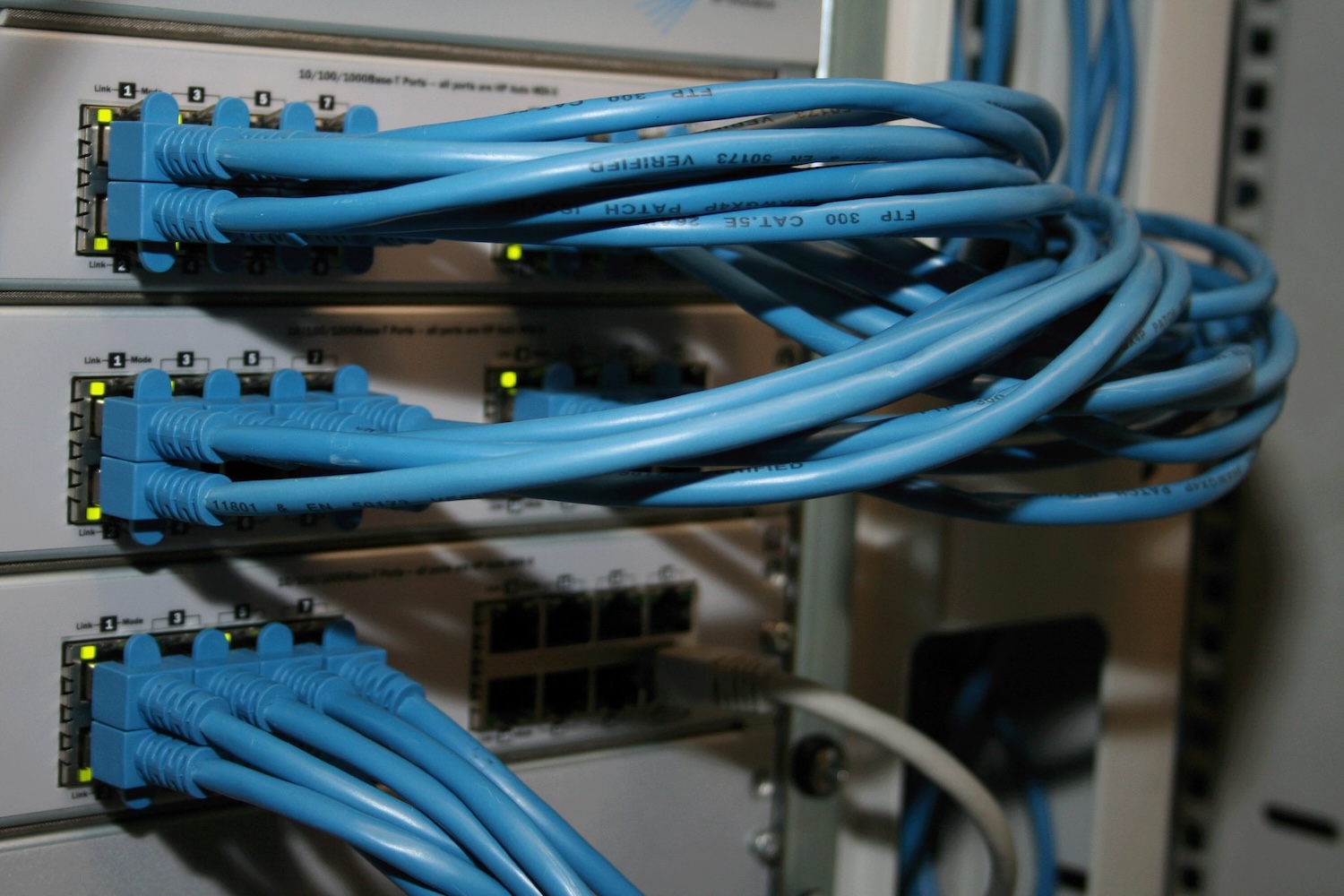#The Importance of Archiving for Data Privacy: Safeguarding Information in the Digital Age

Table of Contents
The modern digitally-driven business landscape relies heavily on various types of data. The sheer volume of data being generated, collected, and stored across the digital environment globally is nothing short of mind-boggling. From personal information to sensitive corporate data, robust data privacy measures have become paramount, especially with the ever-increasing risk of potential data breaches.
According to PWC, 92% of customers believe that a proactive approach to data privacy and management can mitigate data breaches and significantly reduce the misuse of their personal information. So, it’s not too strange that, when data breaches happen, over 6 out of 10 Americans blame the company instead of the cyber attackers.
This is why 97% of companies plan to invest more in bolstering their data privacy plans and reap the benefits that come with it, including competitive advantage, consumer trust, or investor appeal.
Archiving, the practice of systematically storing and managing data for long-term preservation, is crucial in ensuring data privacy. Let’s delve deeper into the significance of data archiving and explore the reasons why organizations and individuals should prioritize this practice.
Compliance with Regulatory Standards
Data privacy regulations, such as the General Data Protection Regulation (GDPR) and the California Consumer Privacy Act (CCPA), have stringent requirements for the handling, storing, and retaining of personal information.
Archiving enables organizations to meet these regulatory standards by securely storing and managing data for the required periods. Organizations that successfully implement proper retention policies, data classification, and privacy controls can ensure their data is handled according to legal requirements. Compliance avoids legal repercussions and helps build trust with customers, clients, and partners who value their privacy.
Protecting Sensitive Information
In today’s highly interconnected business environment, data breaches and cyberattacks pose a significant threat to sensitive information. Archiving safeguards this invaluable data by ensuring it is stored securely and that it remains inaccessible to unauthorized individuals.
By implementing strong access controls, encryption, and data masking techniques, archiving reduces the risk of data breaches and unauthorized disclosures. Additionally, archiving solutions often offer advanced security features such as user authentication, audit trails, and tamper-evident logs, further enhancing data privacy.
Mitigating Data Loss
Data loss can have severe consequences, ranging from operational disruptions to reputational damage. Data archiving serves as a reliable backup strategy, protecting against accidental deletions, system failures, or natural disasters.
When a business preserves multiple versions of data and maintains off-site backups through solid archiving methods, it can restore lost information and maintain business continuity. This enhances data privacy and ensures data availability when needed, minimizing the impact of potential data loss incidents.
Long-term Data Retention
Specific industries, such as healthcare, finance, and legal, have regulatory requirements for retaining data for extended periods. Archiving enables organizations to fulfill these obligations by securely preserving historical records while maintaining data privacy.
By leveraging efficient storage and indexing techniques, archiving solutions ensure that data can be easily retrieved when required. Long-term data retention also supports data analytics, research, and trend analysis, providing valuable insights while still adhering to privacy protocols.
E-Discovery and Legal Preparedness
In the event of litigation or investigations, organizations must be prepared to produce relevant information promptly. Archiving facilitates e-discovery, the process of identifying, preserving, and retrieving electronic data as evidence.
With a well-organized and searchable archive, organizations can efficiently respond to legal requests while maintaining data privacy and confidentiality. Archiving solutions often offer robust search capabilities, metadata tagging, and legal hold functionalities, enabling organizations to navigate the complex legal landscape effectively.
Streamlining Data Lifecycle Management
Effective data privacy requires a comprehensive data lifecycle management strategy. Archiving plays a vital role in this strategy by allowing organizations to identify and classify data, determine retention periods, and implement appropriate privacy controls. When you streamline the data lifecycle, proper information archiving helps reduce the risk of data privacy violations and ensures data is handled in a compliant and secure manner.
Archiving solutions offer features such as automated data classification, retention policies, and disposition workflows, enabling organizations to enforce consistent and auditable data privacy practices throughout the data’s lifecycle.
Data Sovereignty and Residency
Archiving solutions often provide options for data sovereignty and residency, allowing organizations to store their data in specific geographic locations. This feature is critical for companies operating in multiple jurisdictions with differing data privacy regulations. A business that ensures its data remains within the legal boundaries of a particular region is capable of maintaining compliance and adhering to privacy requirements specific to each jurisdiction.
Preservation of Intellectual Property
For many organizations, intellectual property is a valued asset. When using archiving to safely keep and guard trade secrets, patents, copyrights, and other private information, it plays an important role in maintaining intellectual property. This is how businesses gain a competitive edge and avoid unwanted access or infringement, as they use data archiving best practices to secure the integrity and confidentiality of this valuable information.
Enhancing Data Governance and Auditing
Archiving supports robust data governance practices by providing organizations with a centralized repository for data management and control. It allows for auditing capabilities, tracking changes, and monitoring access to archived data. By maintaining a comprehensive record of data activities, archiving assists in demonstrating compliance, identifying potential privacy breaches, and supporting internal or external audits.
Facilitating Data Transparency and Accountability
Adequate data archiving promotes data transparency and accountability, which is essential for maintaining trust between organizations and their stakeholders. When organizations incorporate proper archiving practices, they can rest assured their data is accurately preserved, retrievable, and auditable.
People may now see more clearly how their data is being managed, enabling them to exercise their right to privacy and decide whether to share it. Additionally, archiving promotes accountability by providing a reliable record of data access, changes, and disclosures. This can help organizations demonstrate compliance, address privacy inquiries, and build credibility with their customers and partners.
Conclusion
Data privacy has grown to be a significant concern for both individuals and corporations as the digital world develops. Information archiving acts as a fundamental pillar in ensuring data privacy as it helps with adhering to legal requirements, protecting sensitive data, minimizing data loss, enabling long-term data retention, assisting with legal readiness, streamlining data lifecycle management, and addressing additional needs like data sovereignty, intellectual property preservation, and data governance.
Businesses that embrace archiving as a best practice can fortify their data privacy efforts, build trust across their customer base, and navigate the complex terrain of the digital age with the utmost boost in confidence.
Featured image by Dan Nelson on Unsplash
If you liked the article, do not forget to share it with your friends. Follow us on Google News too, click on the star and choose us from your favorites.
For forums sites go to Forum.BuradaBiliyorum.Com
SourceIf you want to read more News articles, you can visit our General category.



